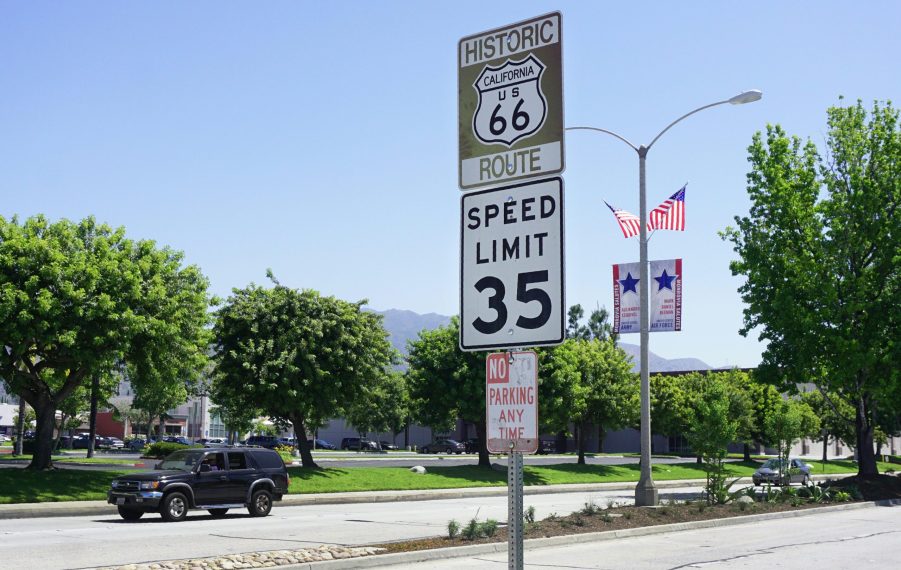
How Fast Do You Need to Go to Get a Speeding Ticket?
While every driver should be aware of the posted speed limit on any street, it’s more than likely that you’re speeding everywhere you wherever you drive your car. We know, the limited 40 mph feels slow, so your inner speed demon would rather kick things up a notch and cruise at 50 mph, even it means that you might get a speeding ticket. But just how fast do you need to go to get a ticket?
Speed laws can vary from state to state

While it’s easy to go above the speed limit on any road that you drive on, it’s a good rule of thumb to stick close to it at all times. But when it comes to speeding, there isn’t technically a hard and fast rule as every state has its own laws when it comes to the matter.
We all know that, in reality, you can get pulled over for driving anywhere above the posted speed limit on any road. However, some state laws will clearly state how fast is “too fast,” while other laws make it look like a gray area.
For example, Find Law linked the different speed laws by state, and upon closer inspection of them, we found that one of California’s laws state this:
“Except as provided in Section 22356, no person may drive a vehicle upon a highway at a speed greater than 65 miles per hour.”
While one of Colorado’s speed laws says this:
“No person shall drive a vehicle on a highway at a speed greater than is reasonable and prudent under the conditions then existing.”
Colorado’s law might sound kind of vague, but it does go on to state some pre-described speeds contingent upon the road that you’re driving on. If you want to know what your local state laws are regarding speeding, then check out Find Law’s list and read up on them.

Ultimately, it’s up to the officer’s discretion

If you do get pulled over for speeding, then it’s ultimately up to the officer that pulled you over to decide on whether or not you will get a ticket. According to a story posted by the Star Herald, the Scottsbluff Police Department issued 980 speed warnings and issued 121 speeding tickets in 2019.
Based on the entries, the report says that “most of the citations were issued for 6-10 mph over the posted limit, followed by 11-15 mph.” As we can see, there’s a pretty thin line between speeding and not speeding, so tread lightly (or drive slower) in most states to avoid getting pulled over.
What about keeping up with the flow of traffic?
While most drivers think that “keeping up with the flow of traffic” makes it OK to go over the speed limit from time to time. However, The Ticket Clinic states that “if you’re driving over the speed limit, the police officer has every right to pull you over.”
On top of that, if you do get pulled over, then telling an officer that you were “keeping up with the flow of traffic” could mean that you’re admitting to speeding. And just like we all learned in grade school, just because others were breaking the law, it doesn’t mean that’s it’s acceptable for you to do so as well.
If anything, keep to the speed limit and you’ll be safe. But if you must speed, then that’s up to you. Just remember that there are speed limits posted for a reason.



